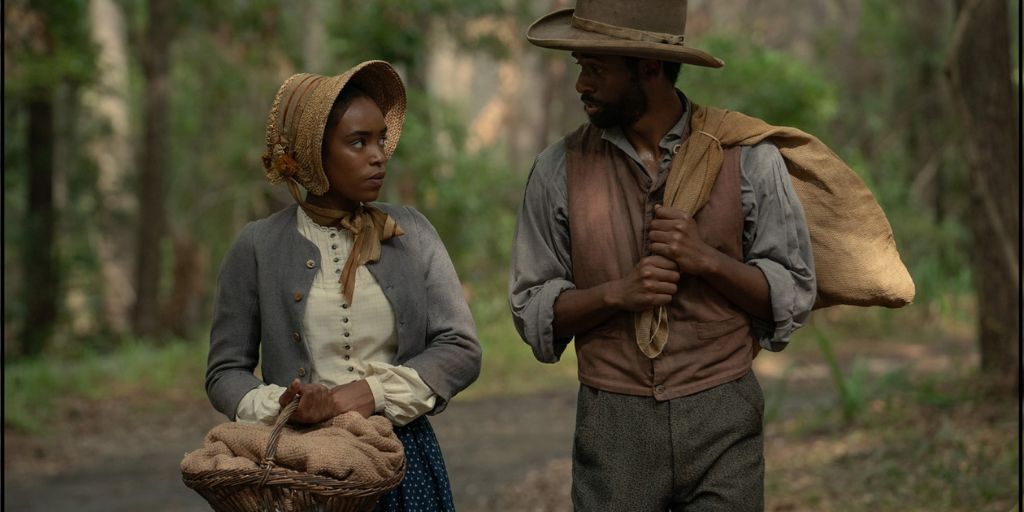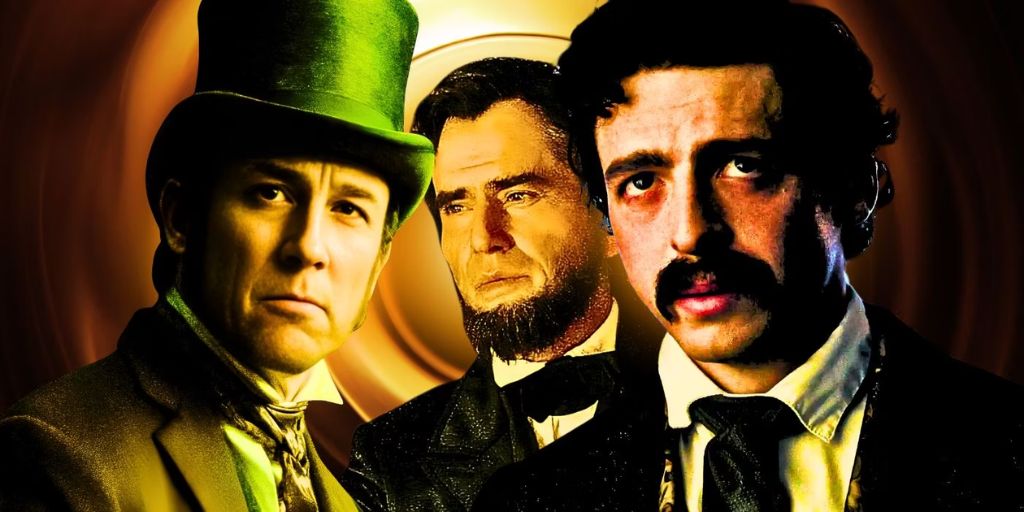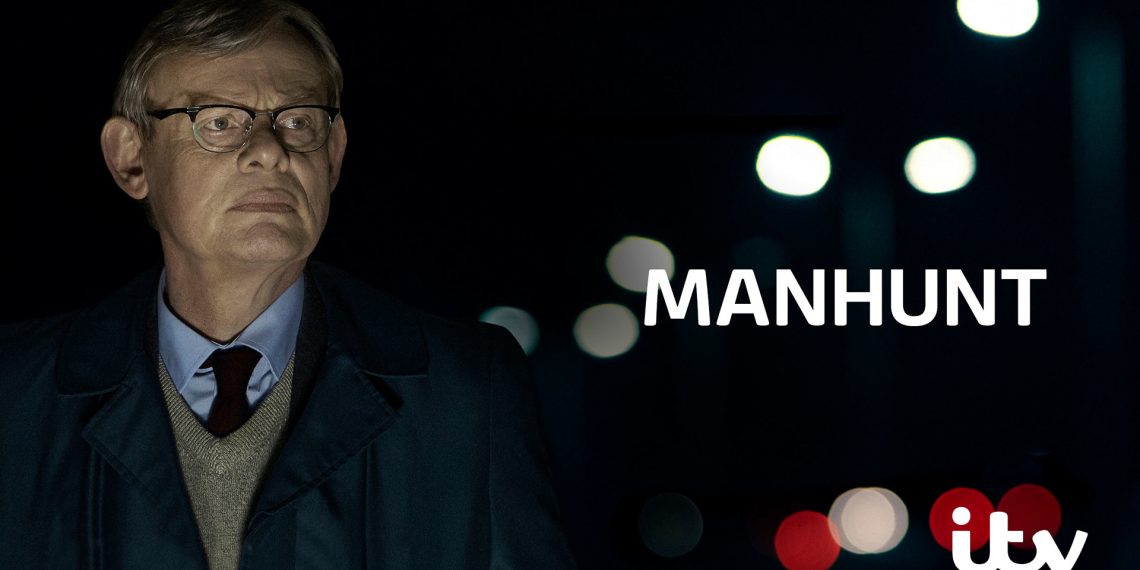In Episode 3 of Manhunt, we go deeper into John Wilkes Booth’s twisted path following President Abraham Lincoln’s tragic assassination. The pursuit led by Secretary of War Edwin Stanton sheds light on Booth’s intentions and America’s post-Civil War landscape.
This episode paints a vivid picture of Booth, depicting him as an egotistical, white supremacist with delusions of grandeur. On the other side, Stanton emerges as Booth’s stark opposite, driven by a mission to unravel the truth.
Booth’s journey takes a surprising turn as he encounters the Confederate Secret Service in Virginia’s forests, halting his escape. Meanwhile, Stanton inches closer to uncovering a potential Confederate conspiracy behind Lincoln’s death.

Anthony Boyle’s portrayal of Booth is striking, showcasing the assassin’s thoroughly deluded mind. Booth envisions himself as a hero, dreaming of becoming the Confederacy’s next president. His journal entries reveal a man utterly convinced of his importance, even planning future publications.
Manhunt Episode 3 Ending Explained
While Manhunt takes liberties with historical details, Episode 3 masterfully weaves a thrilling crime narrative. The clash of egos, the chase through tumultuous post-war America, and Booth’s disturbing ideals create a intresting drama. This series offers a gripping exploration of history’s darker corners, drawing viewers into a world of intrigue and deception.
In the gritty reality of Manhunt Episode 3, we witness John Wilkes Booth’s distorted self-image amidst the chaos following President Lincoln’s assassination. While history remembers Booth as a coward and traitor, this episode offers a chilling glimpse into his own delusions.
Booth, depicted as a misguided hero in his mind, is fueled by Samuel Cox, a member of the supposed Confederate Secret Service. Cox’s admiration reinforces Booth’s dangerous beliefs, leading him down a path of violence against the United States government.

This installment of Manhunt provides a haunting look at what drove Booth to target some of the nation’s most prominent figures. Despite being hunted as a menace to society, Booth sees himself as a hero, driven by a twisted sense of purpose.
As the episode unfolds, viewers are drawn deeper into Booth’s warped reality, contrasting sharply with the vilified image history has painted. Manhunt doesn’t shy away from the unsettling truths of Booth’s motivations, painting a vivid and haunting portrait of a man consumed by delusions of grandeur.




